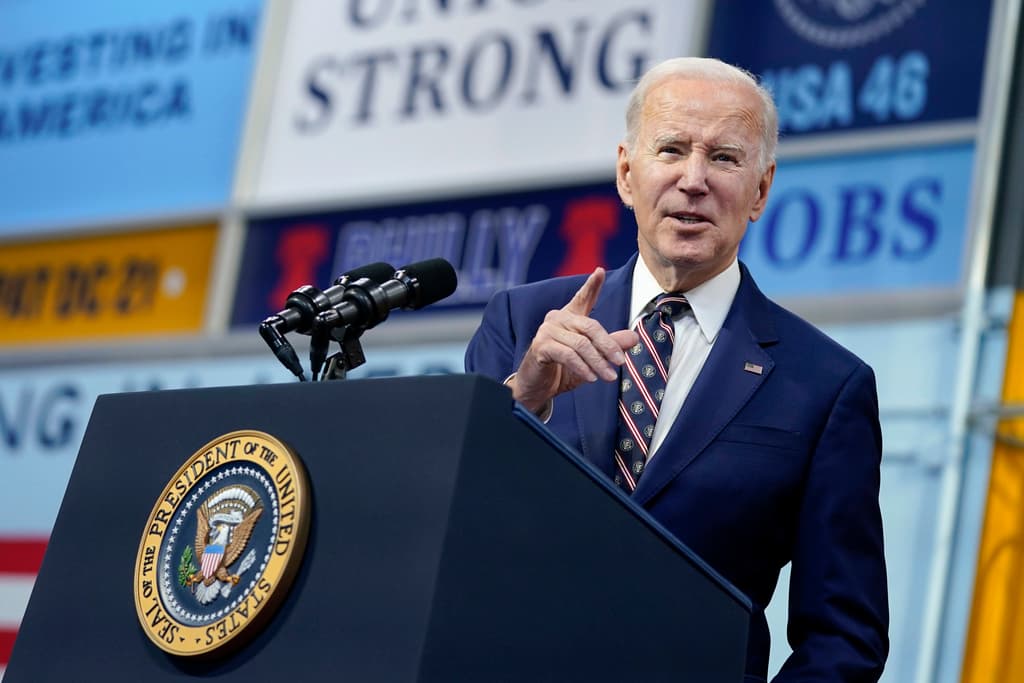Biden Budget Stokes Class Warfare
A missed opportunity to give a little more economic hope to a divided and hostile America.

Budgets are about priorities. In the Biden administration’s new budget, its apparent priorities are marred by problems. Here’s the cheat-sheet version: Rather than containing explosive growth in spending, it would use a bunch of new taxes to wage class warfare.
Please check your email.
A verification code has been sent to
Didn't get a code? Click to resend.
To continue reading, please select:
Enter your email to read for FREE
Get 1 FREE article
Join the Sun for a PENNY A DAY
$0.01/day for 60 days
Cancel anytime
100% ad free experience
Unlimited article and commenting access
Full annual dues ($120) billed after 60 days

